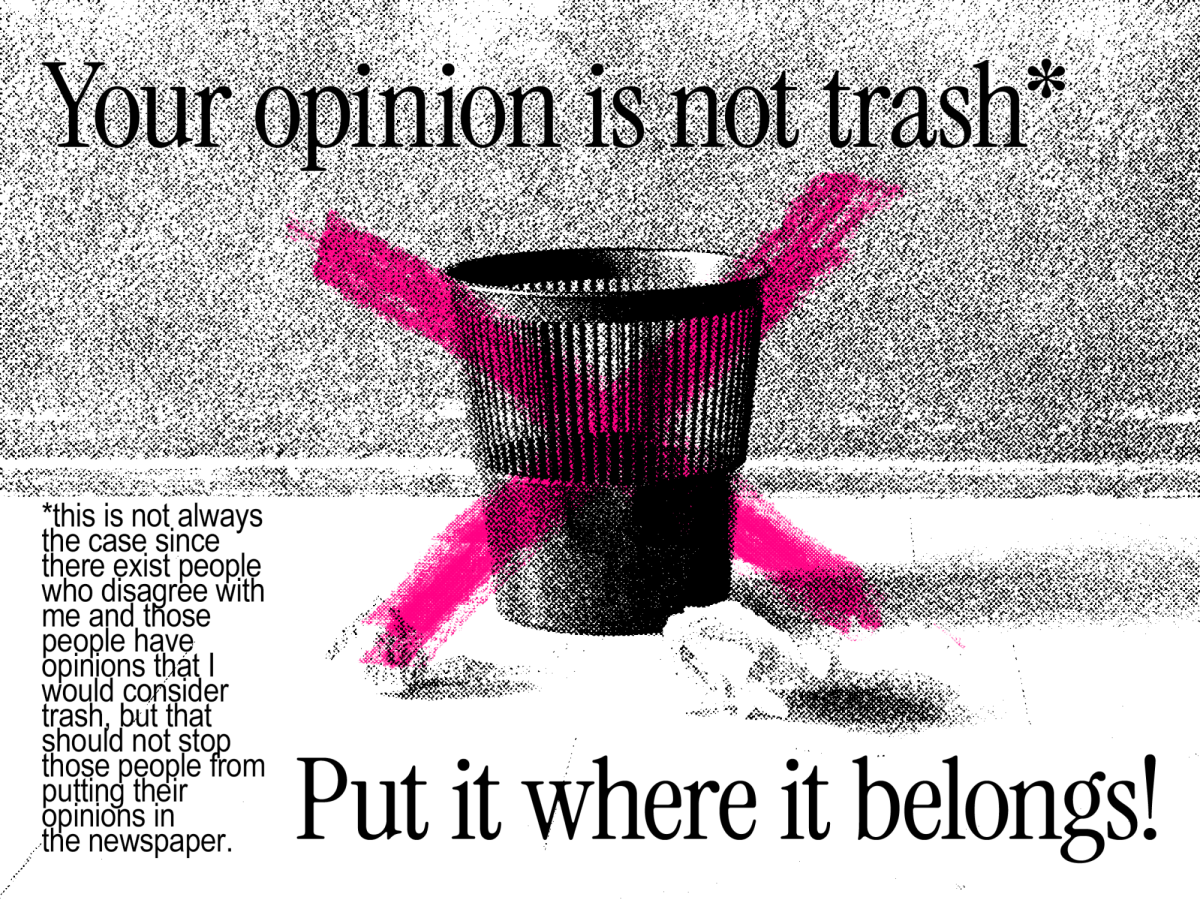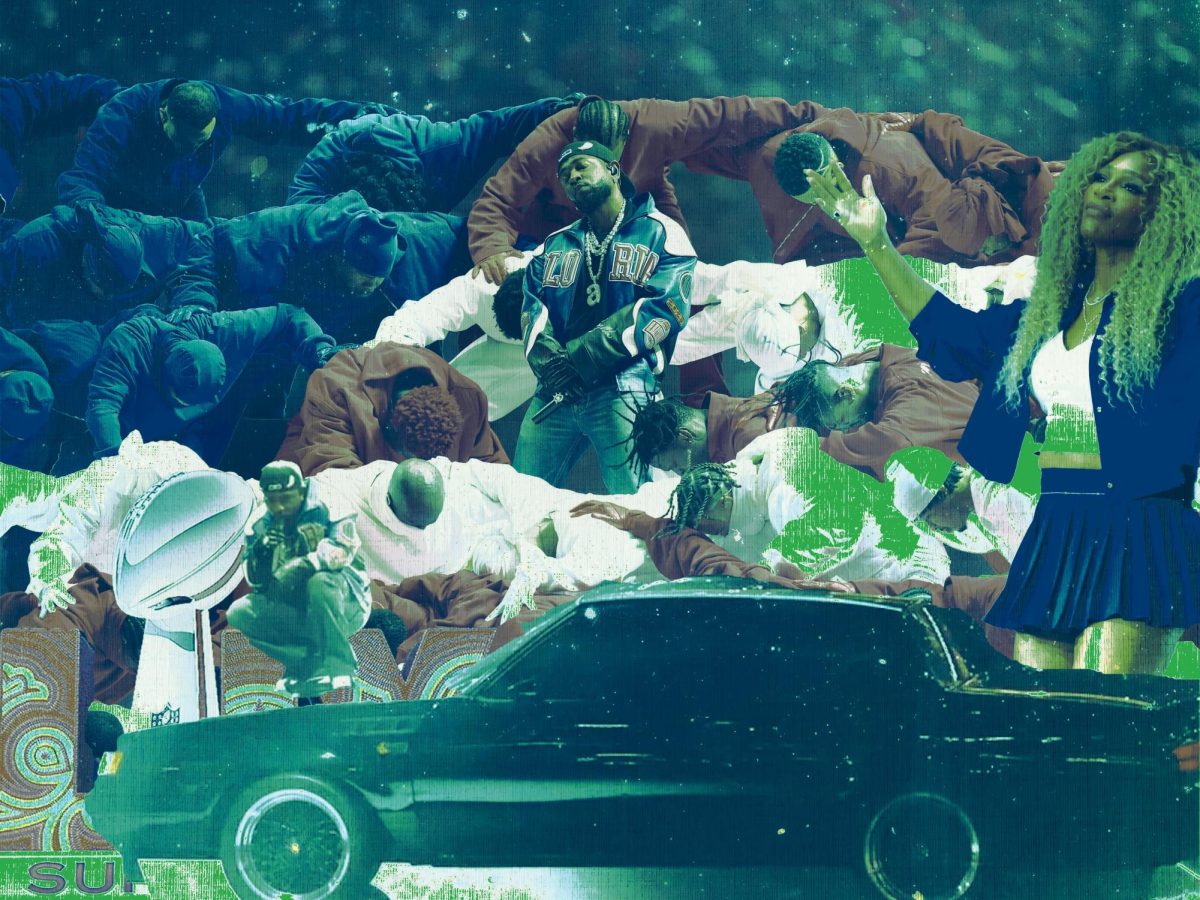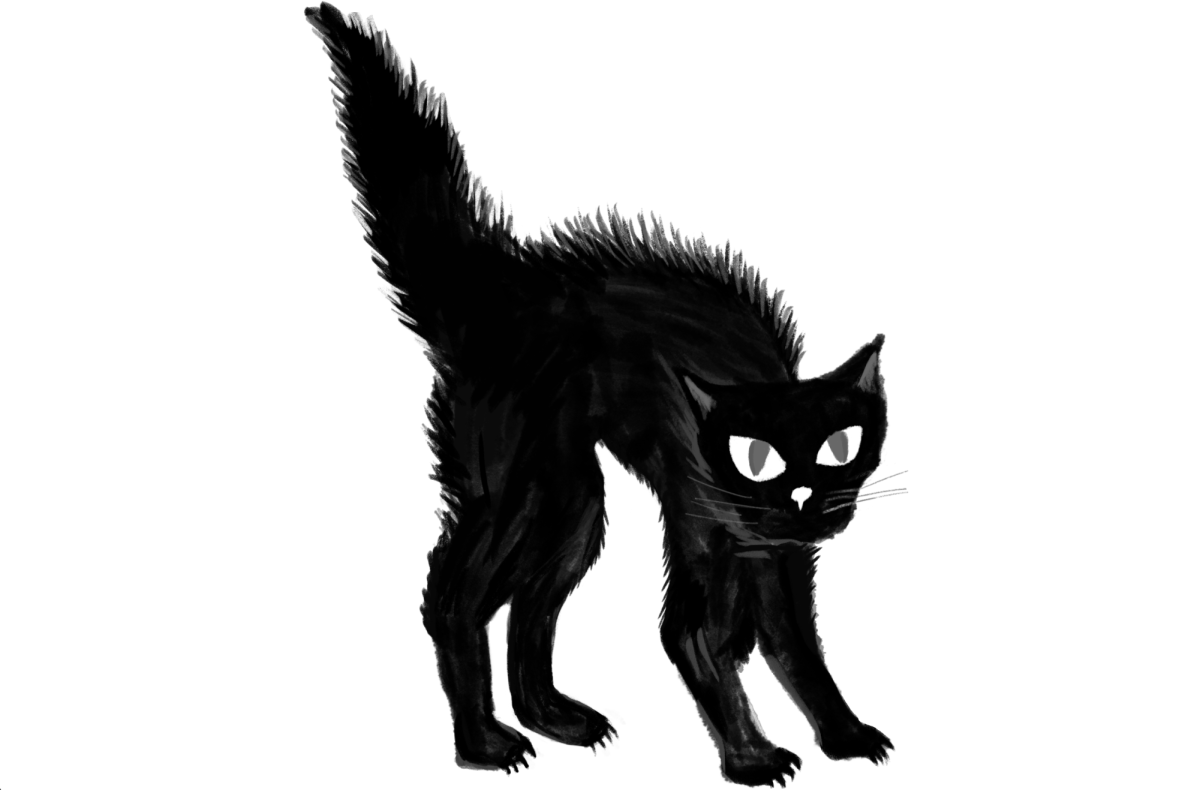They say a picture paints a thousand words—this is only 500. I ask you to read on with an open mind and an empathetic lens; also, to email me because I always appreciate a good discussion.
To some extent, we are all probably aware that one is defined both by their experiences and by how one applies the lessons from those self-histories as they move forward in the space-time continuum.
Certainly to some extent persons can be categorized into broad groups according to their immutable characteristics—white, male, ten-toed, etc.— with those attributes having a considerable effect on their formation as those unchanging constants intersect.
What I find fascinating and beautiful is the notion that, as these groupings coalesce, the result is a fracturing of existential experience that propagates all the way down to the individual. Basically, each human simultaneously stands as a member of infinite groups and as a discrete individual.
Certainly we don’t exist in a society devoid of differences, quite the contrary! But somehow we have moved toward a society based around What someone is—or appears to be—rather than getting to the core of their existence and seeing them as Who they are.
It seems to me that the dominating social trend is to identify more heavily with a group rather than boldly stand alone as a unique occurrence borne of merging identities. This is entirely understandable, as many view the human experience as one of evading loneliness, thus finding safety in the pack. The argument may also be made that—similar to the requisites of capitalism—the personal accountability one bears as an individual is theirs alone, win or lose. This makes retraction into a group more lucrative—yet lacking risk, reward or loss.
I find this to be quite unfortunate, as when one prescribes to a group they are oftentimes subverting Who they are to find safety or community in What they are.
There is power in belonging to a group, oftentimes power necessary for advancement in society. But to solely see each other and identify as these groups (which are usually pitted against one another) rather than live as an embodiment of experiences can be problematic.
It may also be of value to note that when one identifies as a group, one most often thinks as a group member; which amplifies the self-versus-other dichotomy and places groups in opposition to one another. Definition—and thereby value—of self in a group based upon What one is has had some well documented, unfortunate historical consequences. Yet another argument for critical self-thought.
It is for these reasons that I truly value genuine conversation and sharing of experiences, most especially with those whom I disagree with. Through empathetic conversation and the present state of a companion’s experiences shines their most valuable asset: intelligence. Informed by only Their history and Their trials do they come to view the world through Their lens, which in turn aids me in better focusing my own.
With this world built on a foundation of individuals I am not satisfied by simple surface diversity “What”; rather, the intellectual diversity “Who” that it fosters is the prize I wish we sought for as a society. I leave you with a quote by Rick Sanchez: “Don’t be Sheep.”
—Chris Salsbury, Copy Chief





